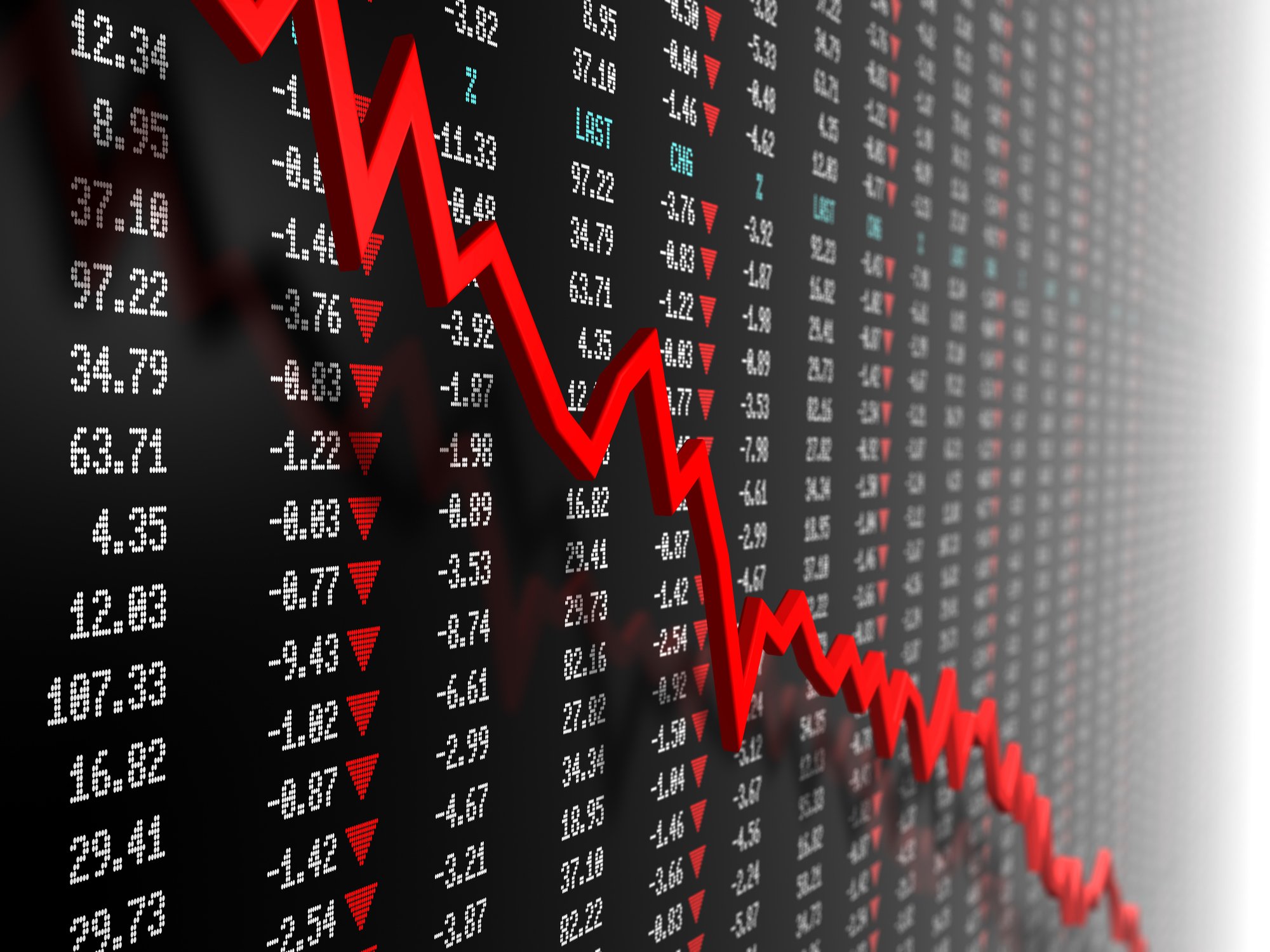On May 22, the U.S. Securities and Exchange Commission (SEC) approved the first eight applications for Ether (ETH 1.85%) spot price exchange-traded funds (ETFs) from Grayscale, Bitwise, iShares, VanEck, Ark Invest, Invesco, Fidelity, and Franklin Templeton. Ether is the world's second largest cryptocurrency and the main coin of the Ethereum Network.
That announcement came just four months after the SEC cleared the first spot price Bitcoin (BTC 0.97%) ETFs for trading. But should investors assume these planned ETFs will set a firm floor under Ether's price and become compelling long-term investments? Let's review the five key facts to decide.

Image source: Getty Images.
1. The first Ether ETFs won't start trading anytime soon
The SEC approved the initial regulatory filings for the eight Ether ETFs, but they won't start trading until the agency approves their S-1 filings. That process could take several months. For reference, the SEC approved the S-1 filings for the first Bitcoin spot price ETFs approximately three months after clearing their initial regulatory filings.
2. The decision turns Ether into a commodity
In the past, the Ethereum and Bitcoin blockchains both used an energy-intensive proof of work (PoW) mining method to produce coins. But in 2022, the Ethereum Network switched to the more energy-efficient proof of stake (PoS) method. That transition, known as "The Merge," reduced the network's energy consumption by 99.95% and made it deflationary -- which meant more Ether was being burned than produced.
However, the SEC initially claimed The Merge made the Ether coin and Ethereum-based tokens more similar to securities than commodities. The move made a radical change to how Ether coins are created and managed. Regulators then repeatedly declared that Bitcoin was the only cryptocurrency that could be classified and pinned to spot price as a commodity, since it was digitally mined like a precious metal through the PoW method.
Therefore, the SEC's decision to approve the first Ether ETF filings implies the coin can now be classified as a commodity instead of a security. That shift might clear the way for smaller Ethereum-based tokens such as Shiba Inu -- as well as independent PoS-driven cryptocurrencies like Solana -- to get their own spot price ETFs.

CRYPTO: ETH
Key Data Points
3. Ether ETF investors can't stake their holdings
Another key difference between Ether and Bitcoin is the process of "staking," which allows investors to earn interest by locking up their Ether coins on the network for a period of time. The SEC, which argues that staking-as-a-service solutions should be classified as unregistered securities, previously sued cryptocurrency exchanges including Coinbase (COIN 2.87%) and Kraken for allowing users to stake their own coins.
Grayscale, Ark, and the other firms originally wanted to add staking features in their ETFs, but they removed those proposals in their updated filings last month. That change could make their ETFs less appealing than the actual digital coins.
4. The SEC approved the filings probably to avoid more litigation
Last year, the SEC lost a lawsuit against Grayscale, which had sued the agency for trying to block the conversion of its popular Bitcoin trust into an ETF. That loss softened the SEC's position and cleared the way for the first Bitcoin ETFs.
Earlier this year, blockchain company Consensys sued the SEC for its refusal to recognize Ether as a commodity, while Grayscale and its peers were widely expected to sue the SEC again if it didn't approve their regulatory filings for spot price ETFs. So for now, it seems the SEC has backed off on tightly regulating Ether to avoid more legal battles.
5. The Ether ETFs should attract less attention than the Bitcoin ETFs
Grayscale currently holds nearly $11 billion in assets in its GrayScale Ethereum Trust (ETHE 0.94%), which it's attempting to convert into a spot price ETF. However, that's a lot smaller than the Grayscale Bitcoin Trust before its conversion into its spot price ETF, which now hosts more than $20 billion in assets.
These new Ether ETFs might attract some attention from mainstream and institutional investors, but they probably won't gain as much momentum as the Bitcoin spot price ETFs earlier this year. Ether also doesn't have any major near-term catalysts that are comparable to Bitcoin's halving, which halved the rewards for mining, earlier this year.
Should you buy the Ether ETFs?
The Ether ETFs might not attract as many investors as the Bitcoin ETFs, but they might represent an easy way for investors to gain exposure to Ether without directly buying the coins. But investors should still be mindful of the fees, see if they actually match Ether's spot price, and realize they won't be able to stake their holdings.
Therefore, investors shouldn't rush to buy the Ether ETFs once they hit the market. Instead, they should wait and see if the convenience of owning these ETFs in a brokerage account outweighs the advantages of owning Ether in a crypto wallet.








